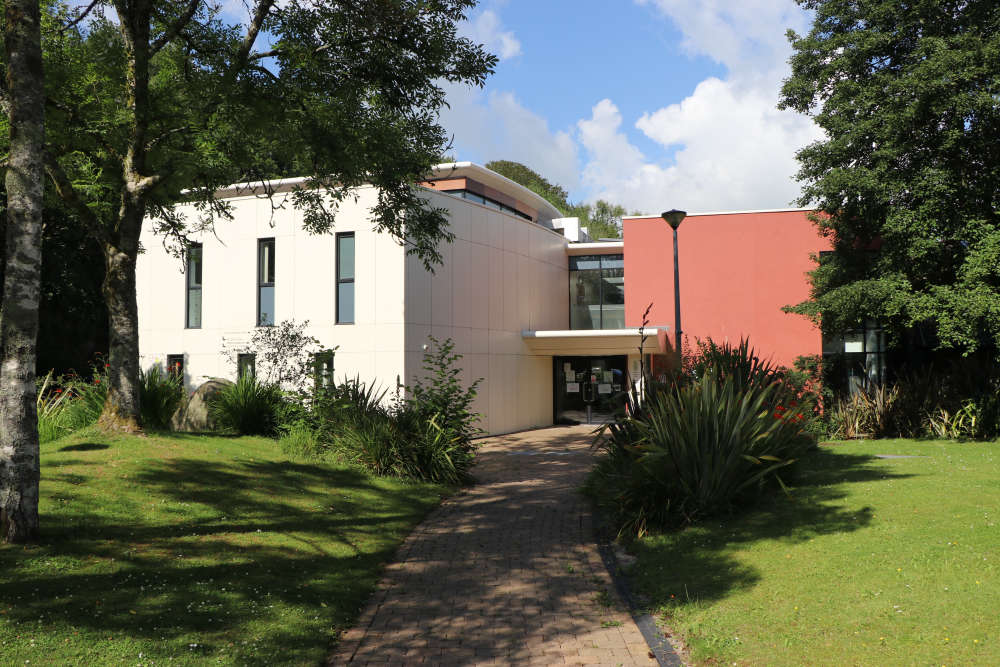
And pass the news to their kids
Exeter University is involved in a project to work out whether trees can remember their past.
If it sounds like a tall story, along with scientists at other universities, the Exeter scientists think trees may be able to recall times of stress in their lives, such as drought or disease. Better still, they could even then transfer these memories to their descendants.
Clever things, trees - if the researchers are right of course. Through a new government-funded study, they hope to improve the understanding of the value of trees to people and the planet.
They're going to conduct experiments to show whether and how trees remember difficult times and pass the memories onto their children through DNA modifications.
The project is one of six to receive a share of £10.5 million from UK Research and Innovation in its Future of UK Treescapes Programme to develop new tools and approaches which will help trees and woodlands adapt to climate change and enable the UK to reach net zero greenhouse gas emissions.
Expanding the UK’s trees, woodlands and forests will play an important role in realising the government’s ambition to achieve net-zero greenhouse gas emissions by 2050. However, trees need to become more resilient to pressures such as changing climate, disease, and competing demands for land in order to reverse decades of decline in biodiversity and environmental quality.
The Membra project (Understanding Memory of UK Treescapes for Better Resilience and Adaptation) is led by Dr Estrella Luna-Diez from the school of biosciences at the University of Birmingham and the Birmingham Institute for Forest Research. The project includes researchers in biology, ecology, classics, geography and earth sciences and it is a partnership between the University of Birmingham and the Universities of Exeter, Leeds, Leicester and Bangor, as well as the Walking Forest arts group.
Dr Katharine Earnshaw, from the University of Exeter, will lead work to discover how an appreciation of tree-memory, and also the language of memory, can influence human decision-making capabilities and our moral relationship with treescapes.
She said: “We are interested in the role of memory for the moral standing of trees across ancient and modern thought, and how MEMBRA’s research has important repercussions for linguistic justice, stories, and heritage. We hope that MEMBRA will provide a model for how arts, humanities, and the sciences can work collaboratively on such crucial environmental issues.”
The research at Exeter will include academics in classics (Dr Katharine Earnshaw) and the Global Systems Institute (Professor Tim Lenton) in dialogue with the Walking Forest art collective. The grant includes funding for a postdoctoral researcher based at Exeter, and a number of events held here over the three years of the project.
 Students connect with elderly residents to combat loneliness
Students connect with elderly residents to combat loneliness
 Crackdown on anti-social behaviour in Plymouth
Crackdown on anti-social behaviour in Plymouth
 £1.6 million for more energy efficiency Devon home upgrades
£1.6 million for more energy efficiency Devon home upgrades
 SWW to build huge new Churston solar farm
SWW to build huge new Churston solar farm
 MP highlights Devon's dentistry 'crisis'
MP highlights Devon's dentistry 'crisis'
